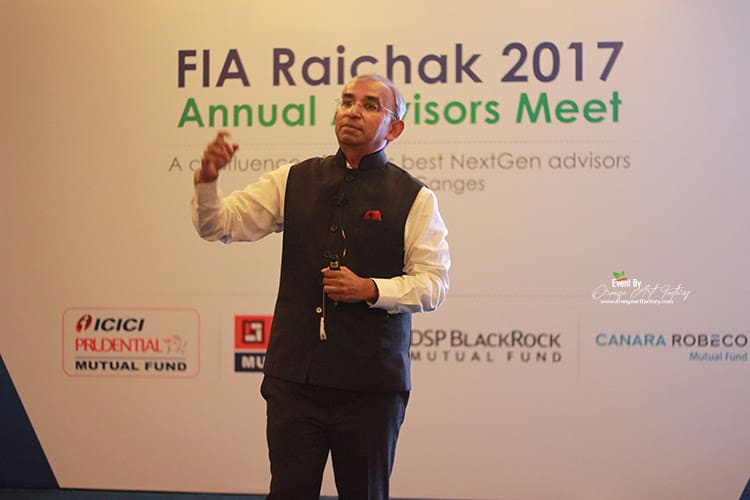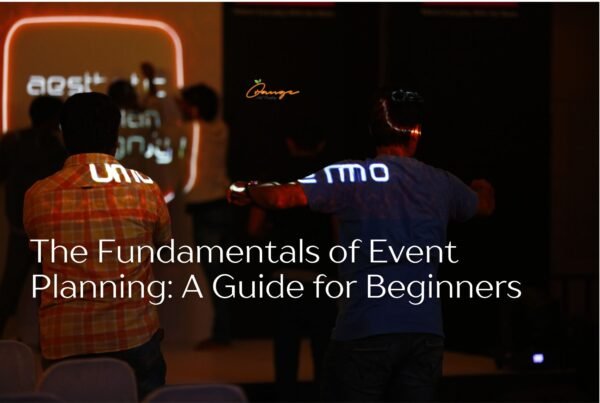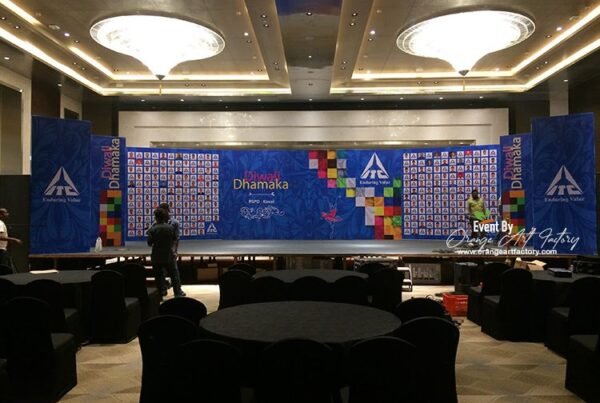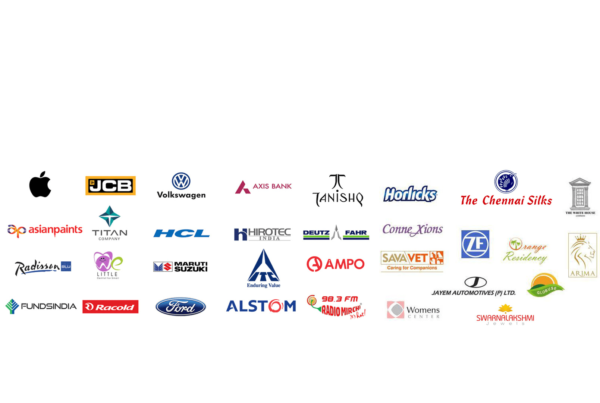Organise an seminar: Are you ready to take your seminar planning skills to the next level? Whether you’re a seasoned event organiser or just starting out, this is the ultimate guide you’ve been waiting for. Planning a successful seminar doesn’t have to be overwhelming or stressful – with our expert tips, you’ll be able to create an unforgettable experience that leaves attendees inspired and wanting more. So grab a pen and paper, because we’re about to dive into the essential strategies that will make your next seminar shine!
Introduction – Organise An Seminar
Are you looking to organise an seminar? If so, you’ve come to the right place! In this blog post, we’ll share expert tips on how to plan a successful seminar, from choosing the right topic and speaker to promoting your event and ensuring a smooth day-of. By following these tips, you can ensure that your seminar is a success!
What is a Seminar?
A seminar is a type of educational event where experts in a particular field give presentations and lead discussions on a given topic. Seminars are typically organised by colleges, universities, or other educational institutions, but they can also be hosted by businesses and organisations. Seminar participants usually include students, professionals, and members of the general public who are interested in learning about the topic at hand.
Preparations Before Organise An Seminar
1. Before you begin to organise an seminar, you will need to take some time to do some preparations. This includes finding a suitable location, setting a date and time, and creating a budget. You will also need to determine the purpose of your seminar and what type of audience you would like to target.
2. Once you have all of this information, you can start planning the details of your seminar. This includes developing a schedule, booking speakers and other guests, and marketing your event.
3. The key to success is in the details, so make sure to plan everything carefully and allow plenty of time for preparation. By following these expert tips, you can ensure that your seminar is a success!
– Research Audience Demographics and Interests
1. Research your audience while organise an seminar.
Before organise an seminar you should know, who will be attending your seminar? What are their demographics? What are their interests? Knowing your audience is crucial to planning a successful seminar. Take the time to research your audience and learn as much as you can about them. This will help you tailor your seminar to their needs and make it more likely that they’ll walk away satisfied.
2. Plan accordingly.
Once you know who your audience is, you can start planning accordingly. This includes everything from choosing the right location to selecting the right speakers. Keep your audience in mind at all times and tailor every aspect of the seminar to them.
3. Promote, promote, promote!
You can’t have a successful seminar without attendees, so make sure you promote your event heavily. Use all available channels, from social media to email marketing, to get the word out there. The more people you can reach, the better chance you have of filling up seats.
– Planning the Agenda for the Seminar
The first step in planning a successful seminar is to develop a clear and concise agenda. This will ensure that all of the necessary topics are covered and that the seminar runs smoothly. Below are some tips for creating an effective agenda:
1. Start with the basics – The agenda should include the date, time, location, and purpose of the seminar.
2. Outline the topics to be covered – Make sure to cover all of the pertinent information that attendees need to know.
3. Determine the order of the topics – Decide which topics should be covered first, second, etc. in order to keep the seminar flowing smoothly.
4. Consider breaks – It is important to allow for breaks throughout the seminar so that attendees can have a chance to process the information and ask questions.
5. Leave time for Q&A – Make sure to leave some time at the end of the seminar for attendees to ask questions and get clarification on any points that were unclear.
– Choosing an Appropriate Venue
When choosing a venue for your seminar, there are a few key factors to keep in mind. First, you’ll want to make sure the venue is large enough to accommodate your expected attendance. Second, you’ll want to choose a venue that is centrally located and easily accessible for your attendees. Third, you’ll want to make sure the venue has all the necessary amenities and facilities to support your seminar.
Once you’ve considered these factors, you can start narrowing down your choices and selecting a few potential venues to visit in person. When visiting potential venues, be sure to take note of the overall atmosphere and ambiance. Does the venue feel like it would be conducive to an engaging and productive seminar? Also be sure to ask about pricing and availability. Once you’ve found a venue that meets all your criteria, you’re ready to start planning your seminar!
During the Seminar: How to Keep Participants Engaged
It’s important to keep participants engaged during a seminar so that they are able to learn and retain the information being presented. There are a few ways to do this:
– Use questions and polls: Asking questions throughout the seminar will help to gauge understanding and engagement. You can also use polls to get a sense of how much the audience is enjoying the content.
– Encourage note-taking: Note-taking not only helps participants follow along, but it also allows them to have a reference for later. Make sure to provide breaks for people to jot down key points.
– Use visual aids: Visual aids such as PowerPoint slides or videos can help keep participants’ attention focused on the material.
– Keep it interactive: The more interactive the seminar is, the more engaged participants will be. Encourage discussion and allow time for questions and answers.
– Relevant Topics of Discussion
1. Relevant Topics of Discussion:
When planning a seminar, it is important to consider the topics of discussion that will be most relevant to your audience. What are the hot topics in your industry right now? What pressing questions do your attendees have that you can help them answer? By zeroing in on the most relevant topics, you can ensure that your seminar is timely and informative.
To get ideas for relevant topics, start by surveying your potential attendees. Ask them what they’d like to learn more about, and what burning questions they have. You can also consult industry publications and trade websites to see what issues are top of mind for professionals in your field. Once you’ve identified a few promising topics, run them by a colleague or two to get their input. Then, it’s time to start fleshing out your seminar agenda!
– Visual Aids & Activities to Enhance Participation
Visual aids and activities are essential to keeping seminar participants engaged and ensuring a successful event. Here are some tips for using visual aids and activities to enhance participation:
– Use engaging visuals. Think beyond traditional PowerPoint slides and consider using infographics, videos, or other visual formats that will capture attention and hold interest.
– Make it interactive. Incorporate activities into your presentation that will get participants moving, thinking, and interacting with the material. This could include group exercises, polls, or break-out sessions.
– Keep it relevant. Make sure your visuals and activities are relevant to the topic at hand and aligned with the overall objectives of the seminar. This will help keep participants focused and on track.
After the Seminar: Follow Up
After the seminar is over, it’s important to follow up with your attendees. You can do this by sending them a survey to get feedback on the seminar, as well as follow up with them individually to see what they thought of the event. Additionally, you should post a wrap-up blog article or video on your website and social media channels to thank everyone for attending and share any highlights from the seminar. Don’t forget to save all of your planning materials so you can use them as a reference for future events![/vc_column_text][/vc_column][/vc_row]
Article By: Vinoth – Event Manager and Director







